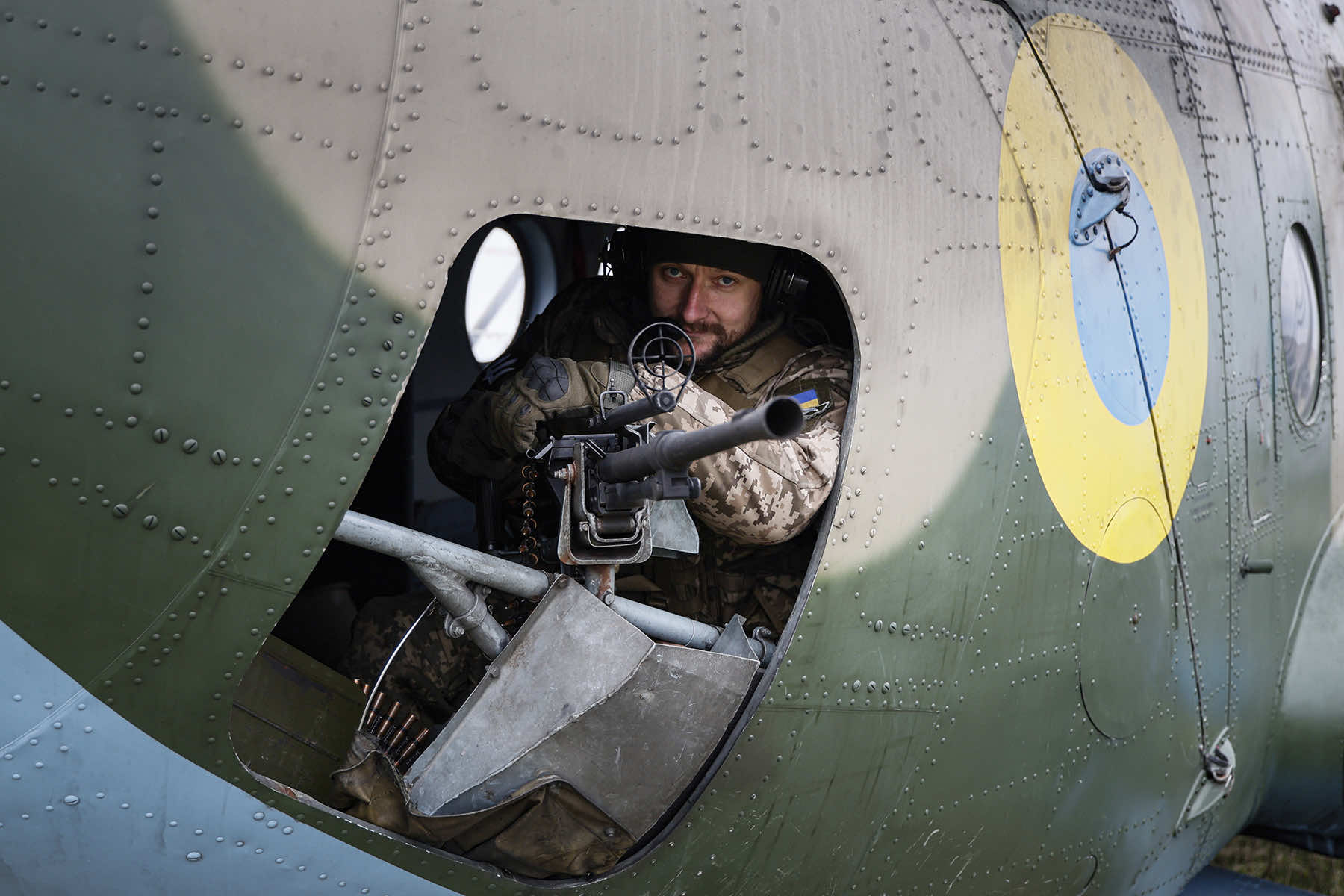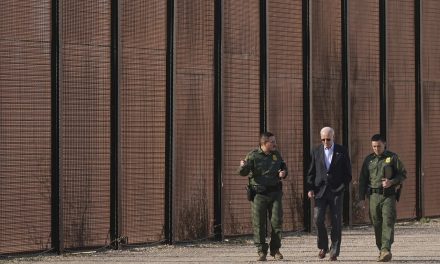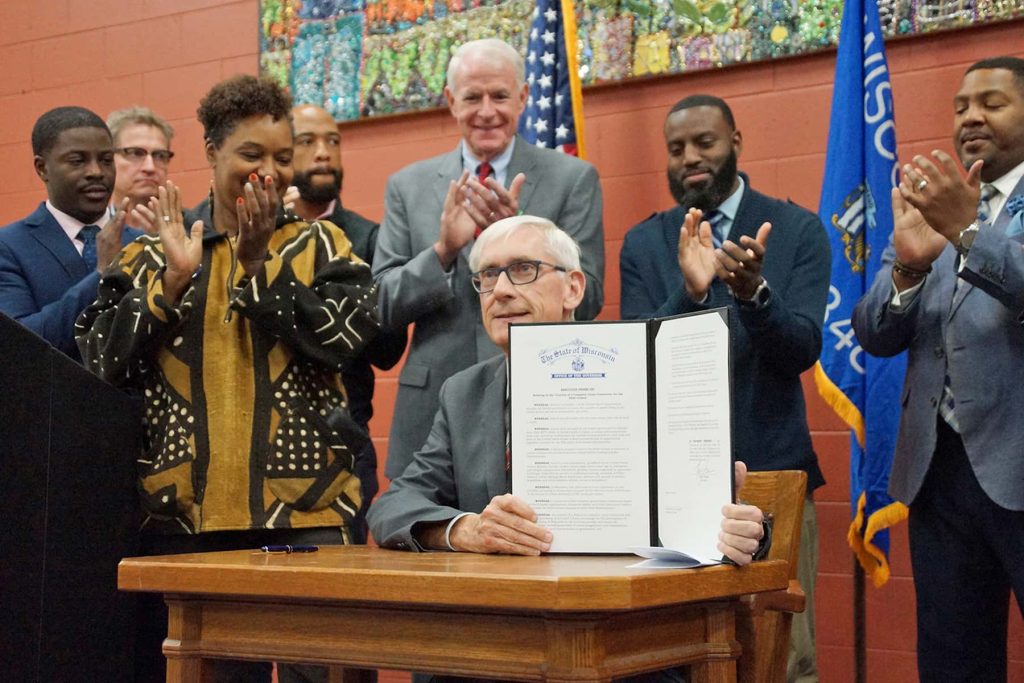
Ukraine’s Western allies have sent the country $70 billion in military aid to help thwart Russia’s full-scale invasion, NATO Secretary-General Jens Stoltenberg said in early April, and with no peace negotiations on the horizon the alliance is gearing up to send more.
“We cannot allow Russia to continue to chip away at European security,” Stoltenberg told a news conference in Brussels, adding “there are no signs that Putin is preparing for peace. He is preparing for more war.”
NATO foreign ministers meeting in Brussels “discussed how we can step up our support, including by continuing to strengthen Ukraine’s armed forces,” Stoltenberg said. “Our support is for the long-haul.”
Analysts suspect Putin plans to dig in and hold out against a possible Ukraine counteroffensive in coming months, hoping that the West’s costly support for Kyiv will unravel.
Putin’s full-scale invasion in February 2022 backfired in some key respects. It led NATO to deploy more troops and weapons into the territories of its members in Eastern Europe and persuaded Sweden and Finland to scrap their neutrality and seek NATO membership.
Finland will formally joined the alliance on April 4. The war has also bound together more tightly foreign leaders viewed by Putin as adversaries.
Amid fears among Russia’s other neighbors about the Kremlin’s ambitions, the leaders of Germany, Romania, and Moldova have been looking at ways of shoring up defenses along NATO’s eastern flank.
German Chancellor Olaf Scholz was meeting in Bucharest with Romanian President Klaus Iohannis and Moldovan President Maia Sandu. Their talks were expected to focus on security, the economy and energy supply.
Meanwhile, German Vice Chancellor Robert Habeck, who is also the economy minister and responsible for energy, arrived in Kyiv on April 3 for an unannounced visit. He traveled with a business delegation that included the head of Germany’s main industry lobby group, the Federation of German Industries.
Habeck said the trip was meant to send a clear signal “that we believe they will be victorious, that they will be rebuilt, that there is an interest on Europe’s part not just to support them in an emergency, but in Ukraine being an economically strong partner in the future.”
Zelenskyy and Habeck visited the village of Yahidne — 87 miles north of Kyiv. Zelenskyy visited the Yahidne secondary school, in whose basement Russian occupiers forcibly kept 367 Ukrainian civilians for 27 days in March of last year. Eleven people died in the dark, crowded basement.
Meanwhile, in Ukraine’s eastern Donetsk region, where much of the fighting has taken place in recent months, six civilians were killed in a single Russian rocket strike on the town of Kostiantynivka, Ukraine’s presidential office said.
Four more civilians were killed in the northern Chernihiv region when their vehicles hit land mines, underscoring the perils of living in the war zone.
Donetsk Gov. Pavlo Kyrylenko said that a spell of cold weather has deepened the civilians’ plight there.
“Freezing temperatures and snow make life unbearable for civilians, they have to survive in damp basements without power and communications and can only occasionally get out to warm themselves around a campfire,” Kyrylenko said in televised remarks.
“The Russians never run out of ammunition, equipment and personnel whom they use as cannon fodder to keep trying to storm cities.”














